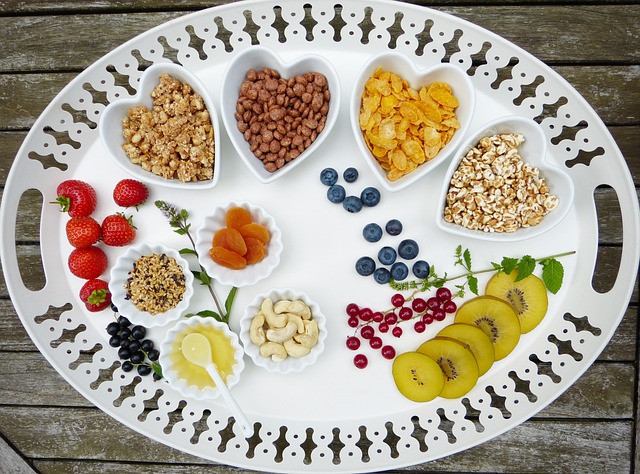Probiotics 101: A Comprehensive Guide to Understanding their Benefits
What Are Probiotics?
Probiotics are live bacteria and yeasts that are good for your health, especially your digestive system. These ‘friendly’ bacteria are similar to the microorganisms that naturally exist in your body.
How Do Probiotics Work?
Probiotics work by restoring the natural balance of bacteria in your gut. There are both good and bad bacteria present in your digestive system. Probiotics help increase the number of good bacteria, which can promote better digestion and overall gut health.
Benefits of Probiotics
Using probiotics can have several potential benefits:
- Improved Digestion: Probiotics can aid in the digestion and absorption of nutrients in your gut.
- Enhanced Immunity: Probiotics help strengthen your immune system by promoting a healthy balance of bacteria.
- Reduced Inflammation: Certain strains of probiotics have been shown to decrease inflammation in the body, which is linked to various health issues.
- Prevent and Treat Diarrhea: Probiotics can help prevent and alleviate diarrhea caused by infections or antibiotics.
- Alleviate IBS Symptoms: Irritable Bowel Syndrome (IBS) symptoms such as bloating, gas, and abdominal pain may be reduced with the use of probiotics.
- Support Mental Health: Emerging research suggests a connection between gut health and mental well-being, and probiotics may contribute to improved mental health.
- Maintain a Healthy Weight: Some studies indicate that certain strains of probiotics may assist in weight management.
Types of Probiotics
Probiotics come in various forms, including:
- Lactobacillus: This is the most common type of probiotic, found in yogurt and other fermented foods.
- Bifidobacterium: These probiotics are often used in combination with lactobacillus strains.
- Saccharomyces boulardii: A yeast probiotic that is particularly effective in treating diarrhea and other digestive issues.
- Streptococcus thermophilus: Often used in combination with lactobacillus strains, it has several potential health benefits.
Food Sources of Probiotics
You can increase your intake of probiotics by consuming foods that naturally contain these beneficial bacteria:
- Yogurt
- Kefir
- Sauerkraut
- Kombucha
- Kimchi
- Miso
- Tempeh
- Pickles
Probiotic Supplements
If you find it difficult to incorporate enough probiotic-rich foods into your diet, supplements can be a convenient option. When choosing a probiotic supplement, consider the following:
- Look for supplements with a variety of strains, as different strains offer different benefits.
- Check the number of colony-forming units (CFUs). Higher CFUs indicate a more potent product.
- Ensure the supplement is from a reputable brand that follows manufacturing standards.
- Consult with a healthcare professional before starting any new supplement regimen.
Conclusion
Probiotics play a vital role in supporting overall health, specifically digestive health and immunity. Adding probiotic-rich foods or supplements to your diet can promote a balanced gut microbiome and potentially offer various added benefits. As with any dietary changes, it is recommended to consult with a healthcare







